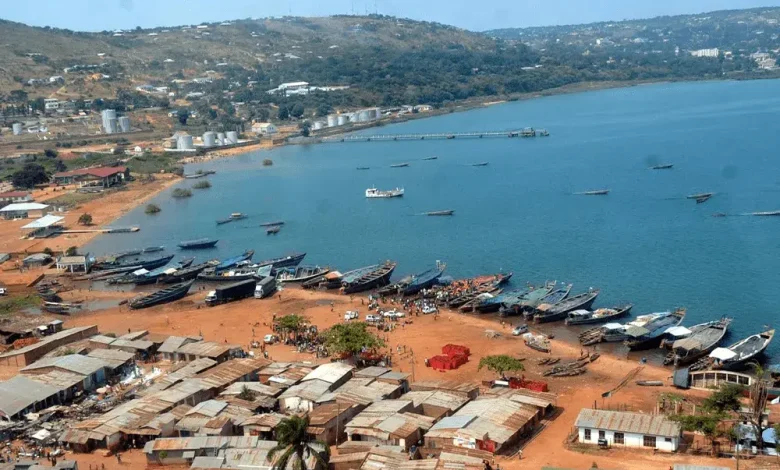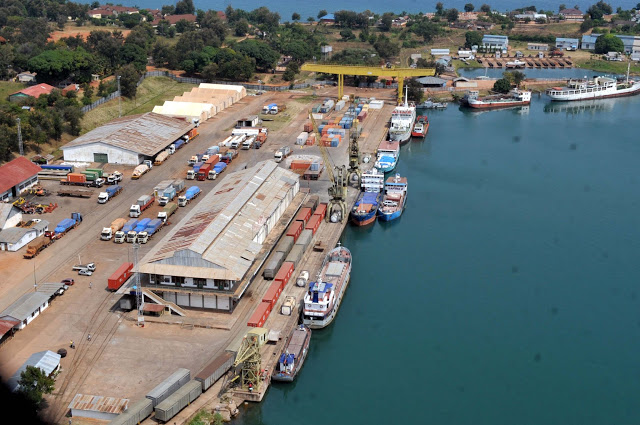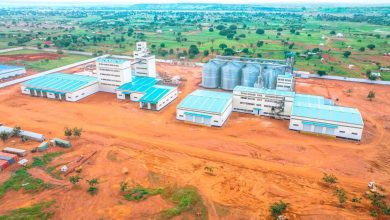Infrastructure boost to unlock Kigoma’s trade potential

KIGOMA: THE government is aggressively pursuing a strategy to transform Kigoma Region into a leading business gateway, leveraging its unique geographical position to bolster regional trade and investment.
The Deputy Minister for Industry and Trade, Exaud Kigae said in the National Assembly yesterday that the government’s vision centres on enhancing cross-border trade, particularly through vital access points such as the Kigoma/Kibirizi port.
He said the port is crucial for facilitating the movement of goods and passengers to key cities like Moba and Kalemie in the Democratic Republic of Congo (DRC).
Furthermore, the government’s focus extends to land borders, including the Manyovu and Mabamba border posts in Buhigwe and Kibondo District Councils, which serve as busy conduits for trade with both Burundi and the Democratic Republic of Congo (DRC), the Deputy Minister said.
The aim is to streamline the passage of goods and people, capitalising on the high volume of commercial activity already taking place in these areas.

He was responding to a question from a Member of Parliament from Buhigwe in Kigoma Region, Kavejuru Felix, who wanted to know about government plans to make Kigoma a business gateway.
“The government continues to implement a strategy to make Kigoma a business gateway, including strengthening cross-border trade,” stated the Deputy Minister, emphasising the ongoing commitment to this transformation.
ALSO READ: Nordics commit to support Tanzania’s energy grand plan
The Deputy Minister said beyond direct border trade, the government is also strategically positioning Kigoma as a central hub for broader business and investment by significantly improving its core infrastructure. This comprehensive approach includes upgrading essential services and connectivity.
“The government has also continued to open up Kigoma as a business and investment hub by leveraging its geographical advantage through improving infrastructure,” the Deputy Minister explained.
Key infrastructure developments highlighted include road networks, such as the crucial road linking Kigoma to Tabora, to improve logistical efficiency, he said.
There is also a focus on expanding electricity supply, a fundamental requirement for industrial and commercial growth.
The plan further involves investing in social infrastructure like health and education facilities to support a growing population and workforce, boosting airport capabilities to facilitate faster movement of high-value goods and business travellers and stimulating economic activities that lead to new employment opportunities for residents.






854306 813952Extremely excellent post, thanks a lot for sharing. Do you happen to have an RSS feed I can subscribe to? 603994
148273 82665An intriguing discussion is worth comment. I feel which you need to write more on this subject, it may well not be a taboo topic but generally folks are not enough to speak on such topics. To the next. Cheers 643973